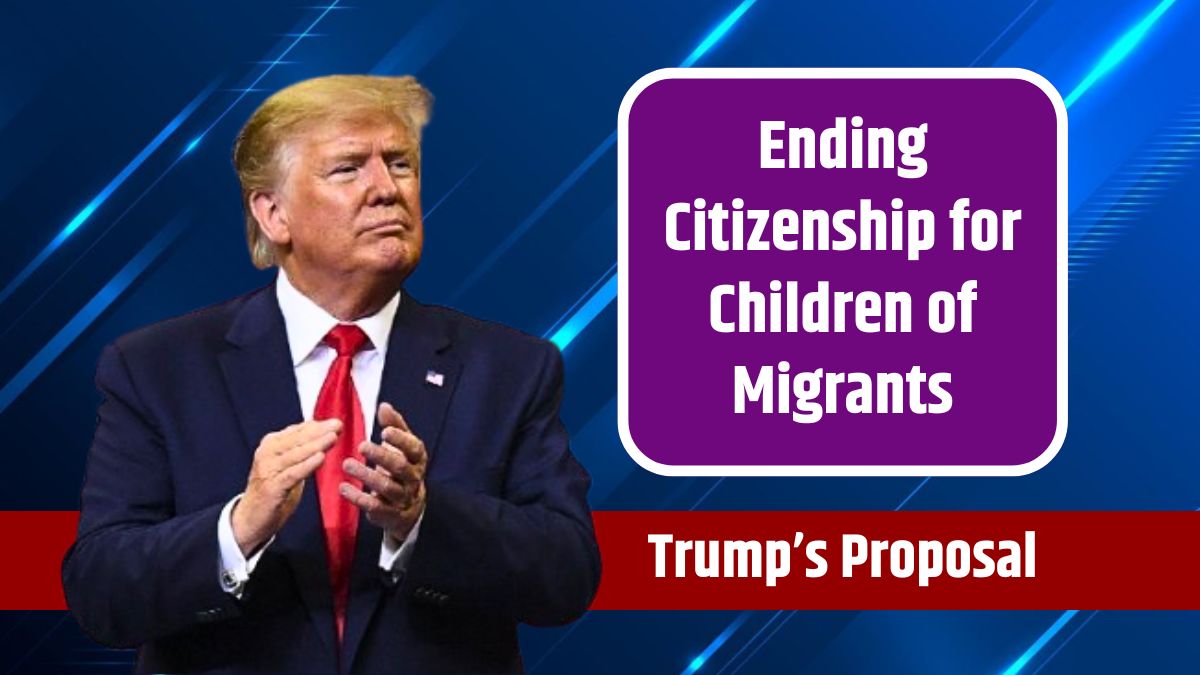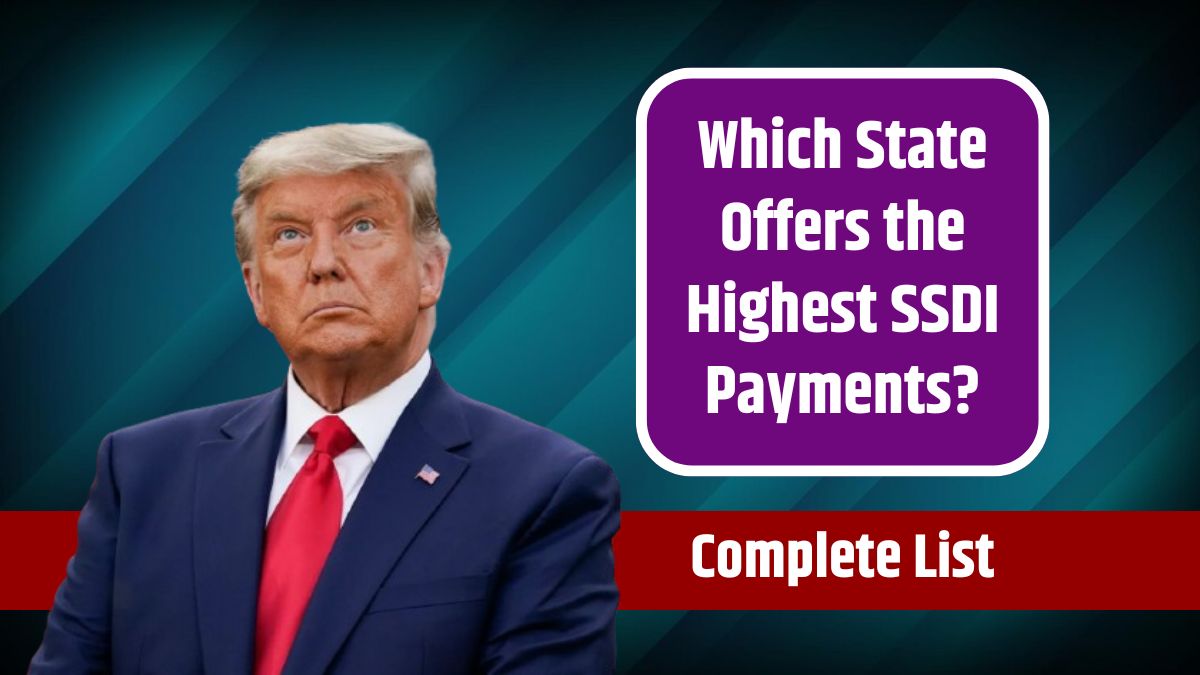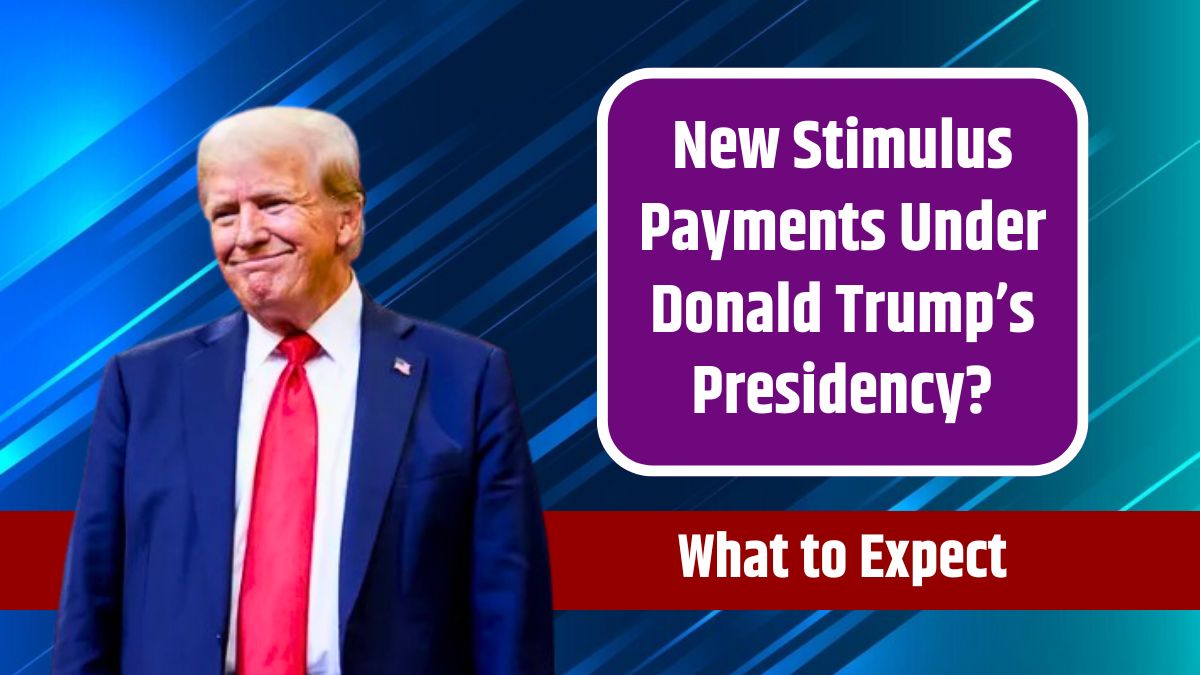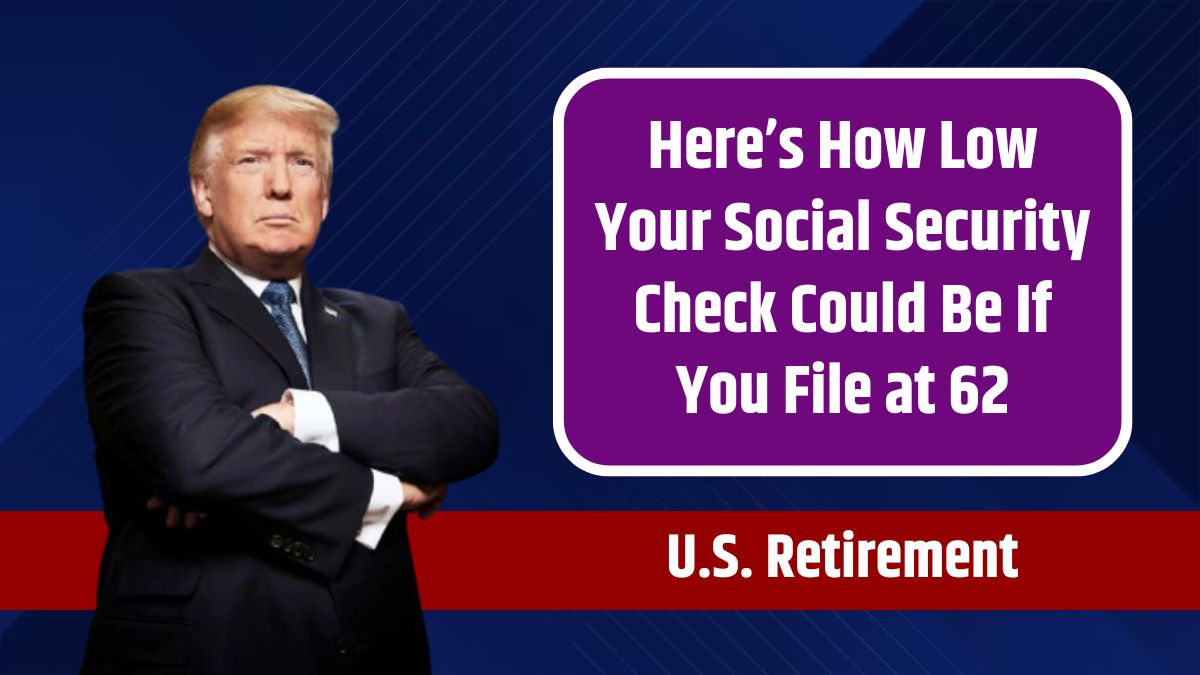Donald Trump’s victory in the 2024 U.S. elections has sparked widespread debate, especially within migrant communities. Among his proposed policies, the potential change to birthright citizenship has gained significant attention. This policy would limit automatic U.S. citizenship for children born in the country to only those whose parents meet specific immigration criteria. Let’s look into this proposal and its implications for migrants, the Green Card process, and the broader immigration system.
Proposed Citizenship Rule
Under Trump’s plan, children born in the United States would automatically acquire citizenship only if at least one parent is:
- A naturalized U.S. citizen, or
- A legal permanent resident (Green Card holder).
This marks a stark departure from the current policy, which follows the principle of jus soli (right of the soil), granting citizenship to nearly all children born on U.S. soil, regardless of their parents’ immigration status.
If enacted, this policy would particularly affect undocumented migrants and those in temporary statuses, leaving their U.S.-born children without the automatic citizenship currently guaranteed by the 14th Amendment. For families waiting years or decades for permanent residency, this change would add another layer of uncertainty.
Challenges
Birthright citizenship has historically been a stabilizing factor for children born to migrants. It provides a clear path to secure immigration status, even as their parents navigate the complexities of visas or Green Card applications.
For undocumented families or those stuck in Green Card backlogs, this change could remove an essential safety net. It also intensifies concerns among those relying on temporary visas, such as the H-1B visa holders.
Green Card Policy
Trump’s approach to Green Cards has been a mix of restriction and reform.
- Employment-Based Green Cards:
Many migrants working under H-1B visas face decades-long waits for permanent residency due to strict quotas. The current system limits any single country to 7% of the total Green Cards issued annually, which disproportionately affects workers from high-demand countries like India and China. - Proposed Reforms for Skilled Workers:
Trump has also floated reforms to ease immigration for skilled workers. One idea is to grant automatic Green Cards to international students graduating from U.S. universities, including those completing two-year programs. This proposal aims to retain talent and bolster the U.S. economy, though it contrasts sharply with his restrictions on birthright citizenship.
Trump’s Policies
Trump’s mixed signals on immigration reflect the tension between tightening borders and maintaining economic competitiveness. Limiting birthright citizenship may align with his campaign’s hardline stance on immigration, but his proposed Green Card reforms suggest an acknowledgment of the importance of skilled migrants to the U.S. workforce.
These policies could reshape the immigration landscape, especially for families navigating temporary and permanent residency pathways. However, the proposed changes are likely to face legal challenges, particularly the reinterpretation of birthright citizenship under the 14th Amendment.
Immigration Proposals
| Policy Area | Current Rule | Trump’s Proposal |
|---|---|---|
| Birthright Citizenship | Granted to all born in the U.S. | Only for children of citizens or Green Card holders |
| Green Card Quotas | 7% cap per country | Unchanged (proposed reforms unclear) |
| Skilled Worker Green Cards | No automatic grants | Possible automatic Green Cards for U.S. graduates |
Donald Trump’s proposed policies on birthright citizenship and Green Cards represent a significant shift in U.S. immigration policy. While the focus on skilled workers could benefit some migrants, the elimination of automatic citizenship for children of undocumented or temporary-status parents could create widespread uncertainty and hardship. As these proposals develop, the migrant community and policymakers will closely watch their potential impact on America’s immigration system.
FAQs
What is Trump’s birthright citizenship proposal?
Citizenship only for children of citizens or Green Card holders.
How does this affect undocumented migrants?
Their U.S.-born children may not get automatic citizenship.
What is the current birthright citizenship rule?
All children born in the U.S. get citizenship regardless of parents’ status.
What changes did Trump propose for Green Cards?
Automatic Green Cards for U.S. graduates of certain programs.
What is the 7% Green Card cap?
A limit where no country gets over 7% of total Green Cards annually.















